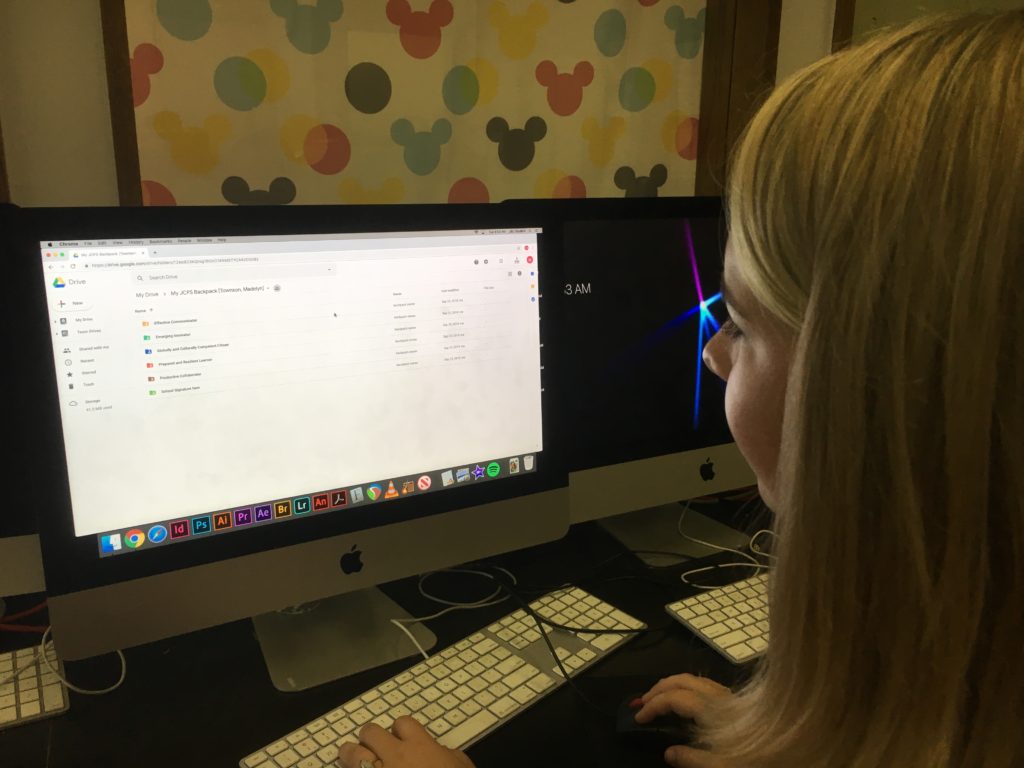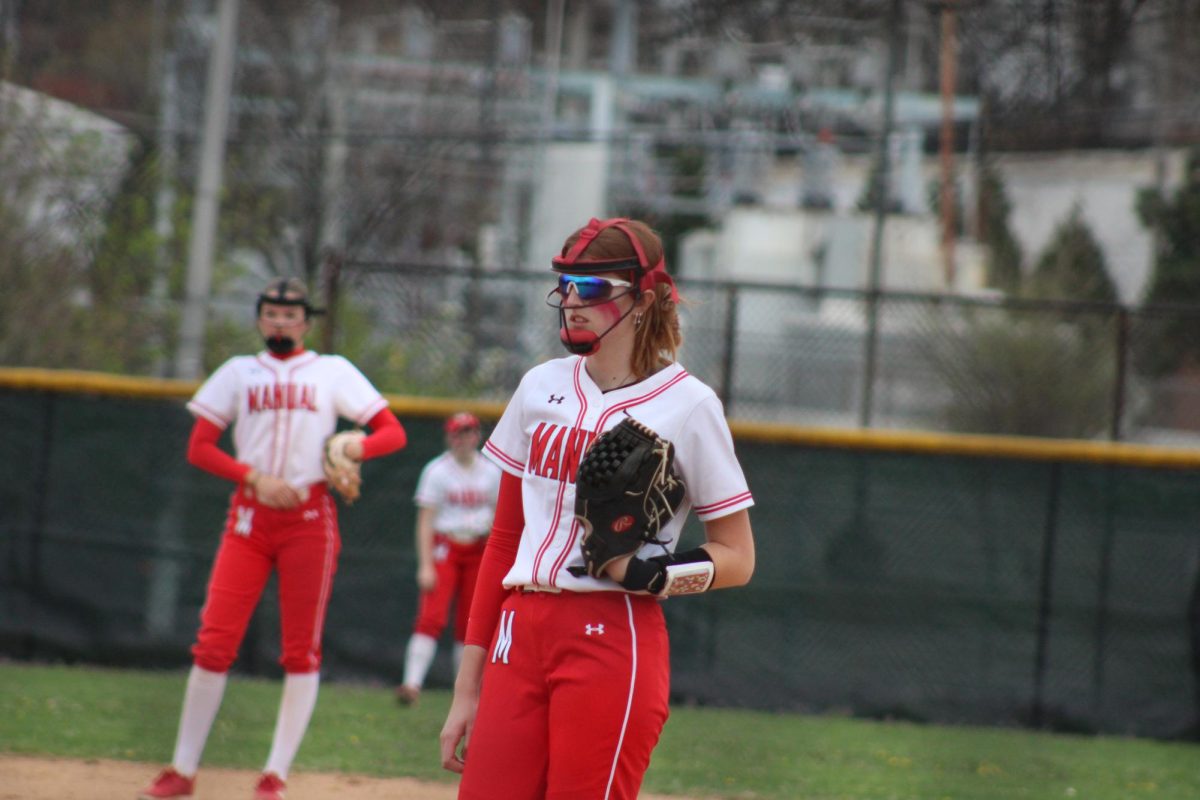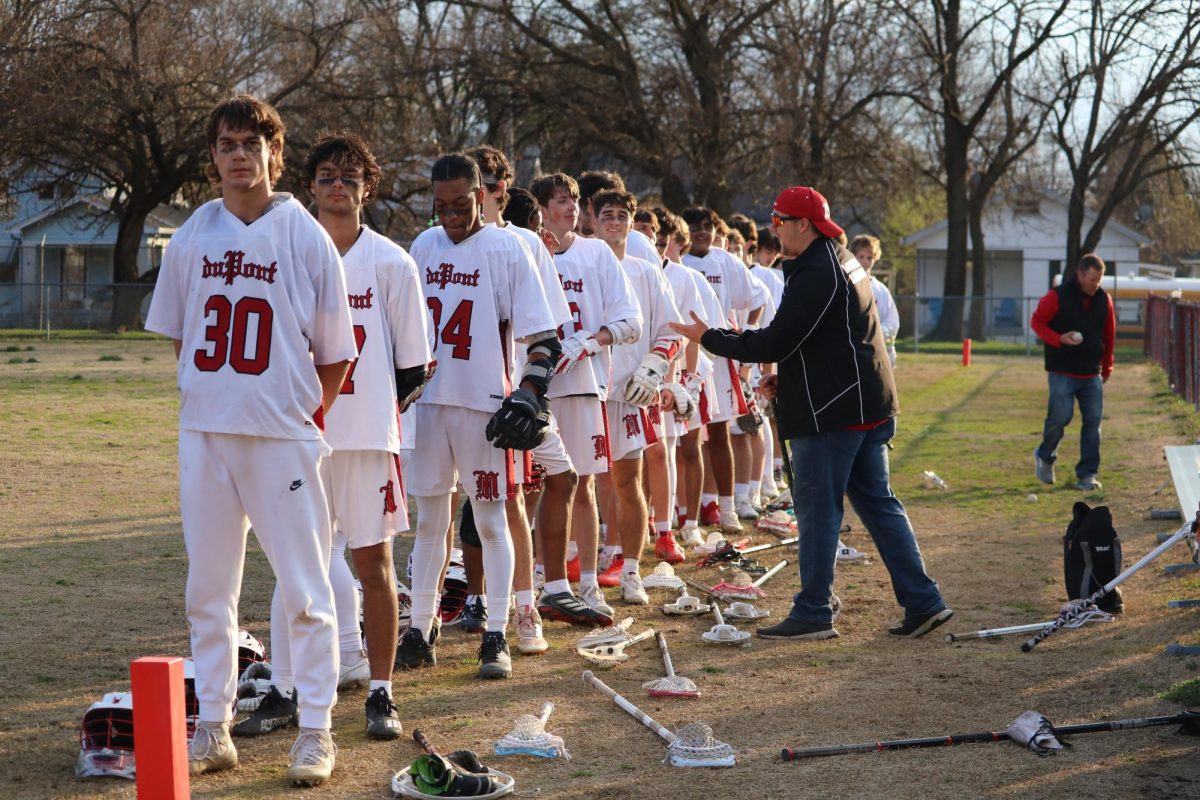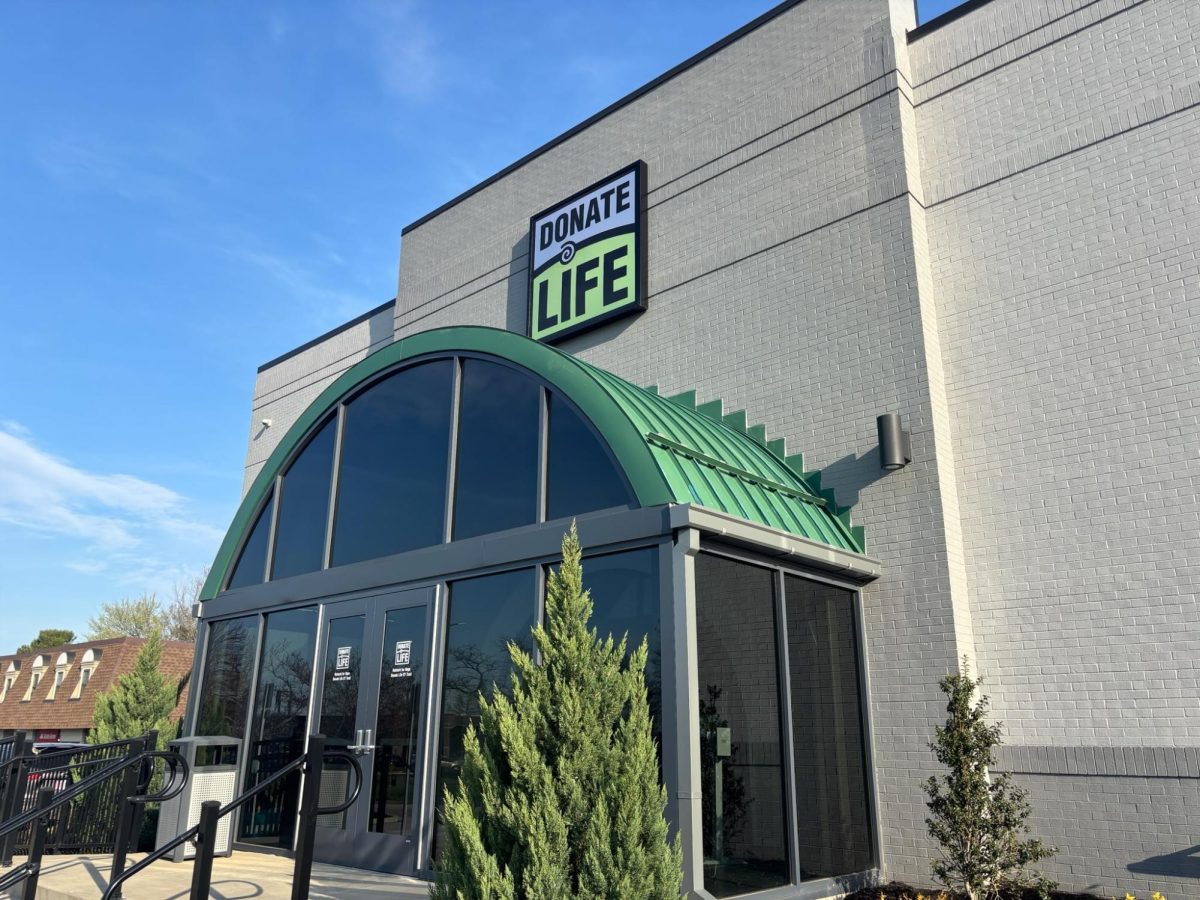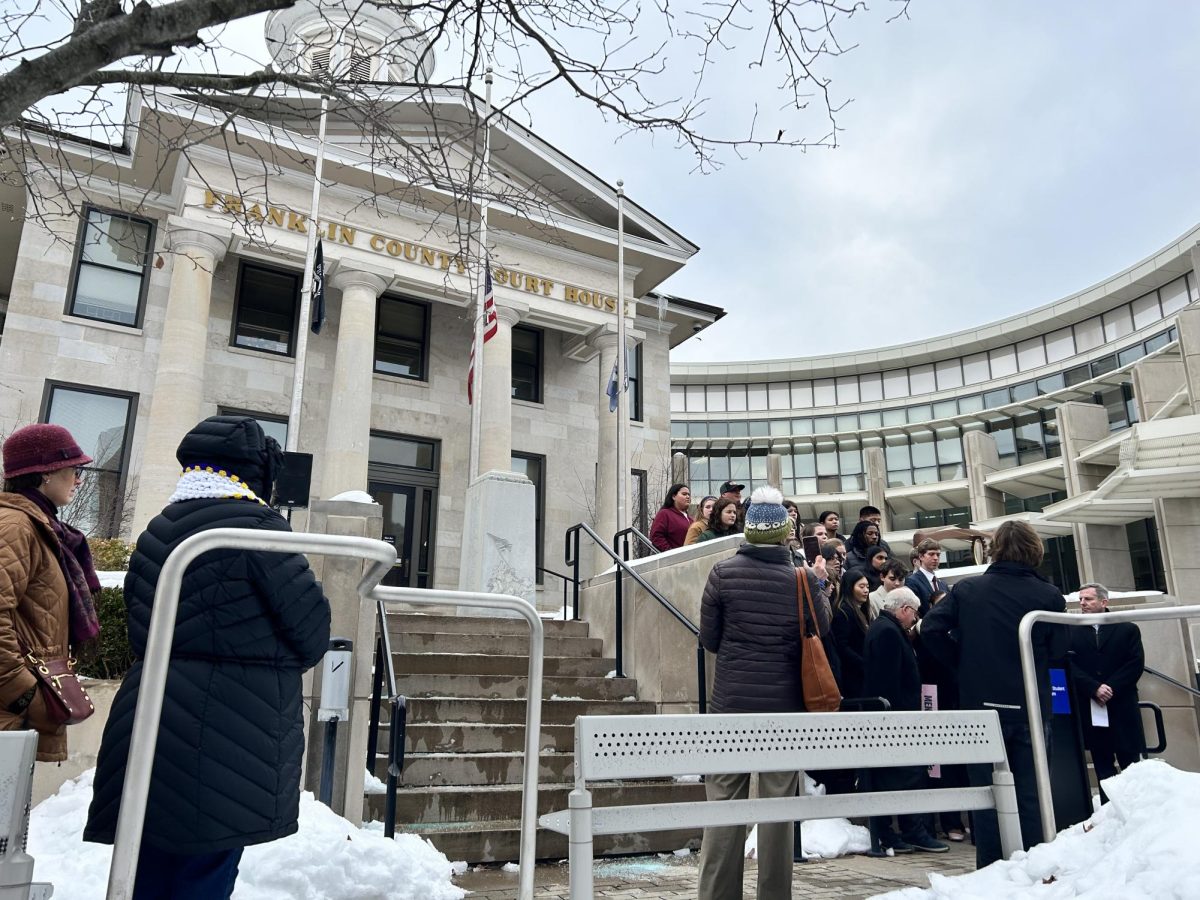After eight months of participating in the Backpack of Success Skills by uploading artifacts, writing reflections and defending in front of Manual’s administrators, students are now aware of violations of federal law due to RedEye’s investigation.
The investigation concluded that by requiring students to access a district-issued account without obtaining parental consent for it per the Family Educational Rights and Privacy Act (FERPA) and the Children’s Online Privacy Protection Act (COPPA), the Backpack initiative may violate federal law.
Although legal experts disagree on whether or not the Backpack and the required use of the account to access it violates privacy laws, the requirement does expose students’ data to Google and YouTube, which goes against promised practices of providing educational services without gaining a profit.
Despite privacy policies at multiple levels explicitly stating that the online service providers do not collect personal user information, the accounts still track students as they watch videos online and search for new topics to learn about.
Seniors throughout Manual who have completed their Backpack in time for graduation are now reflecting on the process with the new information with their personal digital privacy in mind.
Silas Elmore (12, YPAS) was among the first group of students to defend his Backpack. While he sees the “benefits to using the internet in school,” he questions where schools should draw the line when allowing outside corporations to interact with educational institutions.
“If it’s information I don’t even want my parents seeing, why would I want a multinational corporation seeing it?” Elmore said. “I feel like that’s kind of disgusting. I know in high school most of us are minors but at least our parents should have more control over our information.”
But seniors are in a transitional stage when it comes to consent. Some of them are old enough to sign papers without their parents knowing about it, but others are graduating at the age of 17.
“I’m wishy-washy about it,” Alexus Webster (12, J&C) said. “At the same time, I don’t care because I don’t use my student account that much unless it’s for school and music. If they are using ads for that then yeah, I don’t care.”
Without an alternative, JCPS students were required to complete their Backpack instead of the previous paper portfolio.
When the Backpack was first introduced, students like Yeji Chung (12, MST) felt like the digital platform could have been a better way to create student portfolios because paper copies had the potential to get lost and paper was being wasted. But with new information about their privacy, some student opinions have shifted.
“Now that I understand the violation of privacy that comes with the Backpack, I feel like the idea is unsafe and unfair to students,” Chung said.
Several other students have noticed an increased use of online resources in the classroom and the Backpack is one of many shifts toward pushing education into the digital age.
“I think that Backpack overall demonstrates the increasing power of technology companies in modern life,” Jonah Thompson (12, HSU) said. “Though cooperation between government and corporations has been going on for many years, a tech company having power in the school systems could lead to problems in independence of said school systems.”
Feelings of discomfort have been at the forefront of the minds of students especially with Google CEO Sundar Pichai’s congressional hearing, YouTube’s recommendations algorithm opening a channel for sexual predators as well as millions of Facebook users’ information being harvested in order to influence the results of a presidential election.
“It feels really wrong to just take our information without telling us explicitly that that’s what they’re going to do,” Elmore said. “The internet is this new frontier kind of so these are developing problems that need to be faced head on.”
Because the Backpack is a graduation requirement, students were not given a choice on their participation in the initiative. But seniors agree that they would have liked to know information about what was going on both with their account and how to use it and all of its moving parts.
If they were given the option to participate with explicit consent as well as an extensive explanation of privacy policies and other necessary information, students are split.
“I would have probably still used it but it would have been nice to have had an option,” Elmore said. “Knowing this information, I don’t feel very comfortable being forced into it.”
“I would have checked no,” Katherine Ivey (12, VA) said. “Even though I’m not watching anything bad on YouTube that’s still invading my privacy.”



